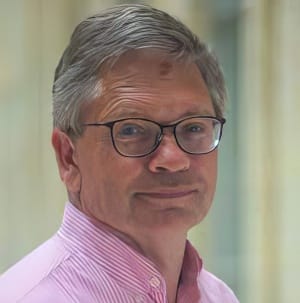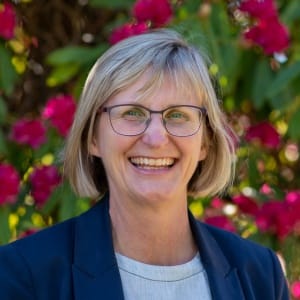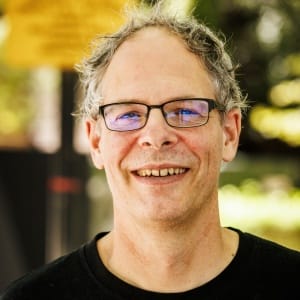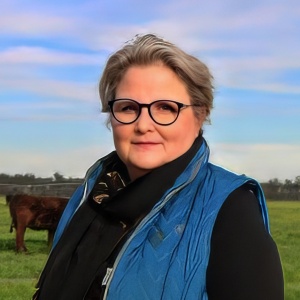1257th OGM and open lecture
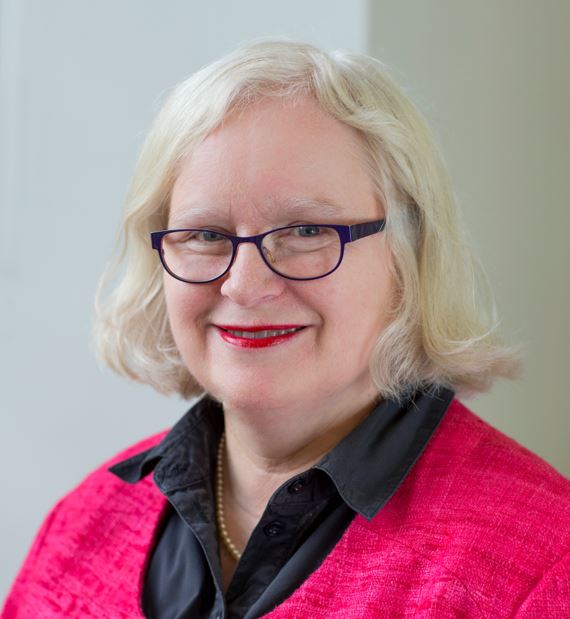 “The science of social networks”
“The science of social networks”
Professor Pip Pattison AO FASSA FRSN
Deputy Vice Chancellor
University of Sydney
Wednesday 4 October 2017
Union, University and Schools Club, 25 Bent Street, Sydney
We are social animals and what we think, feel and do is affected by the social networks in which we live work and play. In her talk, Professor Pattison shared with us some of the complexities associated with analysing the structure and dynamics of social networks; including how we can model networks and their consequences.
She began with a brief account of the theory of networks and then described ways we can model their behaviour. The approach construes global network structure as the outcome of dynamic, interactive processes occurring within local neighbourhoods of a network. She described a hierarchy of models and how they may be applied to real social networks using data obtained through various types of network sampling schemes. In particular, she addressed the problem of inferring the nature of the overall structure of a network from knowledge about fragments of the network.
Using several illustrative problems, she demonstrated how the models can be used to enrich our understanding of real network structures in a variety of contexts. This included how they shape the processes taking place within them, such as the transmission of infectious diseases, and how the models can be used to guide strategies for preventing the spread of such diseases.
Professor Philippa (Pip) Pattison is Deputy Vice-Chancellor (Education) at the University in Sydney, responsible for the University’s strategy and vision for teaching and learning and students’ educational experience. A quantitative psychologist by background, Professor Pattison began her academic career at the University of Melbourne, and has previously served as president of Melbourne’s Academic Board and as Deputy Vice-Chancellor (Academic).
The primary focus of Professor Pattison’s research is the development and application of mathematical and statistical models for social networks and network processes. Recent applications have included the transmission of infectious diseases, the evolution of the biotechnology industry in Australia, and community recovery following the 2009 Victorian bushfires.
Professor Pattison was elected a Fellow of the Academy of the Social Sciences in Australia in 1995. She was named on the Queen’s Birthday 2015 Honours List as an Officer of the Order of Australia for distinguished service to higher education, particularly through contributions to the study of social network modelling, analysis and theory, and to university leadership and administration.


